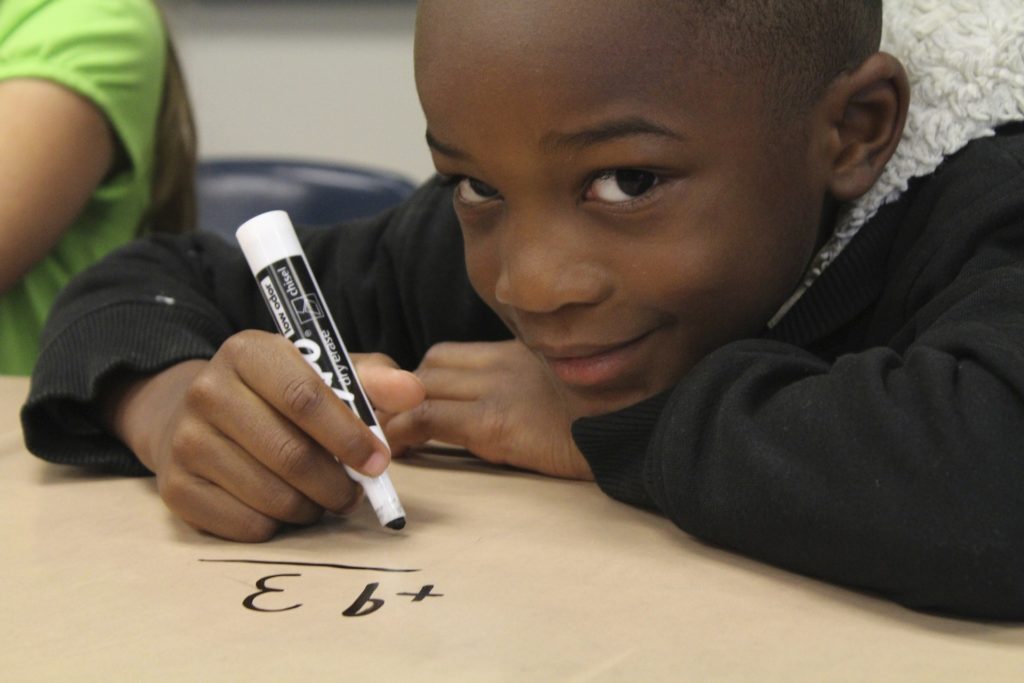Education But
Are you sitting comfortably? Then I’ll begin. And I want to begin with a question. How would you define ‘education’? Think about it for a moment, and jot down some stuff. Done that? Good. Next question. What would you therefore define as ‘educational’? I’m thinking activities, projects, participatory things, events you might attend, stuff online, all that jazz. Have a go.
If you’re like me, you will have found this difficult not because we don’t know what the core of education actually is, but because finding the edges of it is very tricky. Formalised education might be based (largely) in a relatively small number of familiar environments – classrooms, science labs, sports halls, practice rooms, lecture theatres, and so on – but there are always exceptions, and I hope we all agree that one’s education is not restricted to formalised learning environments. Doing a crossword can be educational. Going around a garden. Talking to someone who knows things you don’t. Making a mess of something, even. We learn all the time, from all sorts of things.
But perhaps that’s unfair. After all, if we are actually running an activity or event with the aim of educating, that will limit the field far more. Right?
This past week, in several quite different scenarios, I’ve heard people describing activities which are aimed at young people (and rather diverse ages and demographics) being ‘education but’. It’s education but it’s also fun. It’s education but it’s engaging. It’s education but it works for a wide variety of ages/demographics/skill levels.
The way we express ourselves is enormously telling – even if we ourselves don’t register the things our language reveals about us and our cultural context. All of those Education Buts make one thing very clear. The people speaking have an idea of education – the very word, the term – as describing something that is narrow, non-participatory and dull. See also the current inane McDonalds ads about whether adding bacon to a Big Mac causes it to cease to be a Big Mac and you’re on the right sort of genre-defining lines.

Now look, I know I was lucky. My experience of education included participation, fun, and a very broad range of topics (and indeed skill levels). There are plenty of kids who are not so fortunate. But if a number of quite separate individuals, all in their twenties, feel that the Education But formula is appropriate, then we have a real problem. Not that we weren’t aware that we had a major problem with education already. But just saying.
And this doesn’t just apply, I hasten to add, to children. Each week, I spend at least four hours of my time teaching music history and appreciation to adult learners. And I go to some effort to make sure that the frames of reference we use are broad, participatory and entertaining, whether they’re each pretending to be a particular instrumentalist (most of them don’t play an instrument) in an ensemble we’re listening to, or they’re team-writing opera plots, or writing reviews, or being challenged to think of music they absolutely loathe so that they can tell us all about it – whatever. If it’s boring, no one learns anything other than the fact that sitting in a learning environment is boring.
I’d like to make it clear that I am not aiming criticism here are the teaching profession, because whilst (like all professions) there are bad teachers, there are also lots of good ones and passionate, well-intentioned people are ideally placed to inspire others in the classroom. But something, somewhere, is not working when education comes to have such a narrow meaning to those who have so recently left its sphere. I suspect – though I freely admit that this suspicious is not backed by comprehensive research on my part – that the structure of current syllabuses, and the grade-checking, exam-weighted models of education have something to do with sucking the joy out of learning for so many. Including the teachers. Because to be inspiring and have fun, you need time, energy and resource. A vanishingly small number of school personnel seem to have any of these things. Music education in this country is falling to bits, as is clearly spelled out in a new report. And yet what else has Facebook thrown into my feed, this very evening? A video about a school in Bradford which, by embedding music strongly into the curriculum to inspire and focus kids in an institution which was previously failing, has turned around behaviour and progress across all subjects. What do you know? If learning becomes a joy, if there is time to have fun and make creative connections, we do better. I’d wager that this is the case regardless of the age of the pupils. Education but nothing. Here’s the Chambers Dictionary definition of education, and it tells you all you need to know:
- Bringing up or training, e.g. of a child
- Instruction, especially at a school or university
- Strengthening of the powers of body or mind
- Culture.

Excellent post! As someone who was homeschooled throughout my school years, I deeply resonate with the idea of learning and life being interconnected. I especially appreciate your focus on how learning can and should be a joyful, engaging, and creative process.
Thanks very much Ben! Here’s to enjoyable learning for all.